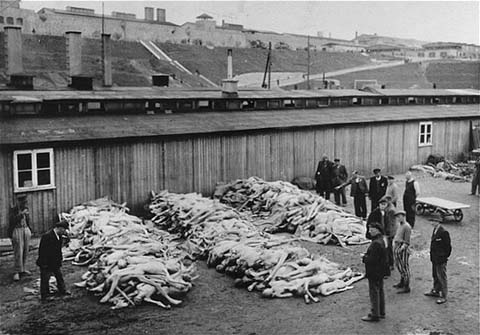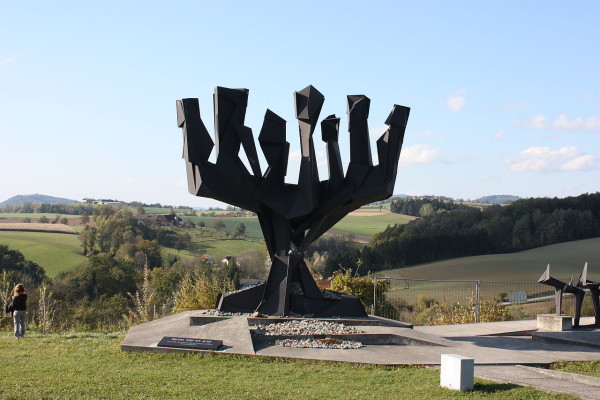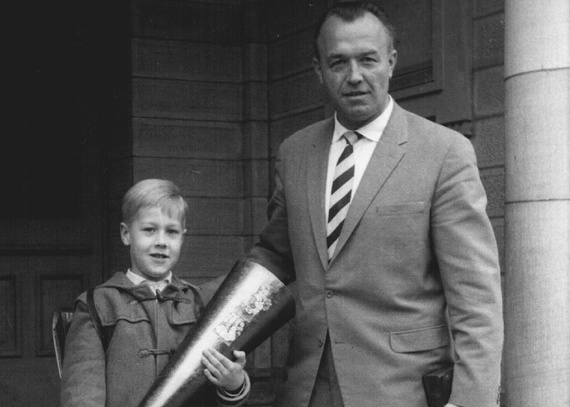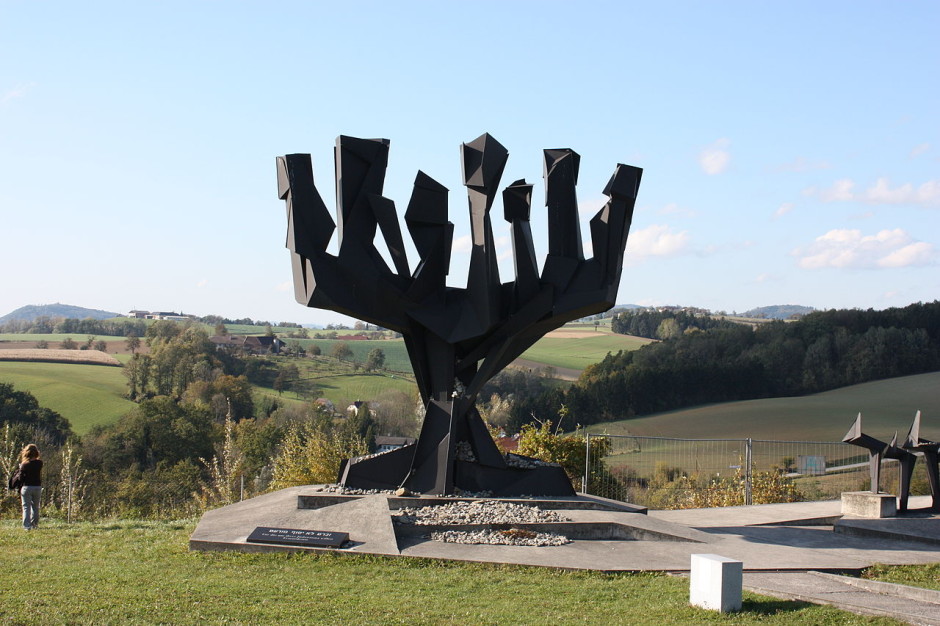Aribert Ferdinand Heim had the dubious distinction of being the world’s most wanted Nazi war criminal. Once a member of Austria’s national hockey team, he was a Waffen-SS physician in the Mauthausen concentration camp — where 122,000 inmates perished — and then a fugitive from justice.
In the Nazi hierarchy, he was really a very minor figure, not having been in a leadership position like, say, Adolf Eichmann, one of the architects of the Holocaust. But since he was one of the last remaining Nazi war criminals before his death in 1992, Nazi hunters magnified his stature and importance.
“By eluding capture for so long, Heim became the eternal Nazi in the minds of those who had sworn never to forget,” write Nicholas Kulish and Souad Mekhennet in The Eternal Nazi: From Mauthausen To Cairo, The Relentless Pursuit Of SS Doctor Aribert Heim, a book published by Vintage Books.
Heim, a convert to Islam, went under the pseudonyms of Alfred Buediger and Tarik Hussein Farid after his flight to Egypt. Sought by investigators since 1946, he was a cold-hearted killer who, as one witness said, committed “terrible barbarities” and was known as Dr. Death.
The authors, who covered the Heim story for the New York Times, accuse him of having perverted “the science of healing into the science of death” at Mauthausen, which was 20 kilometres east of the Austrian city of Linz, where Adolf Hitler spent his youth.
Prior to settling in Egypt, Heim practised medicine in the western German spa of Baden-Baden, living in a magnificent white villa. After fleeing to Egypt, he survived on savings from properties in Berlin and Cairo.
Born in the Austrian town of Radkersburg in 1914, he was a professional hockey player and a member of Austria’s national squad before enrolling in medical school. He joined the Nazi Party and the SS in 1938, shortly before Kristallnacht. After graduating from the University of Vienna in 1940, he enlisted in the paratroopers, taking part in Germany’s 1941 invasion of Crete.

He spent a few months in Mauthausen following his discharge, dispatching Jewish inmates with deadly injections of gasoline. By one account, he brought his victims to tears with a kind and considerate bedside manner.
Having been briefly detained by the Americans after the war, he claimed he had been drafted into the SS against his will and that he had not “participated in actions that violated human rights or international law.”
Austria issued a warrant for his arrest in 1950, charging him with “crimes against dignity and humanity” at Mauthausen, which was liberated by the American army on May 6, 1945. Simon Wiesenthal was also on his tail. Heim, meanwhile, carried on as usual, earning a very nice income from his practice in gynecology and enjoying a bourgeois life of ease with his family.
He could afford to be complacent.
West Germany, like the United States, had lost interest in pursuing Nazis. At the close of World War II, the United States drew up a comprehensive list of 70,000 suspected German war criminals. And while some of them paid dearly for their crimes, the majority went scot free. “The focus of American enmity … rapidly shifted away from the defeated Nazis and toward the Soviets and Joseph Stalin’s rising ambitions in Europe,” Kulish and Mekhennet say.

Egypt, which was at war with Israel, was a perfect haven for Heim, Some Egyptian army officers had supported Nazi Germany during the war, assuming that a German victory would end British colonial influence in Egypt. After the Free Officers Movement ousted the monarchy in a coup, Germans, especially those possessing military skills, were welcomed to Egypt.
Heim fled West Germany to protect his family from harassment, leaving his wife and two school-aged children behind. He arrived in Egypt in the early 1960s and lived in a hotel of which he was a partial owner. It was one of several properties he owned in the country. Regarded by his Egyptian neighbors as a serious, well-read person, he passed his days walking and reading.
By then, West German public opinion about the Nazi era had changed, with more Germans being in favor of prosecuting war criminals. This shift was partially due to the 1978 TV miniseries, Holocaust, which had a significant impact on Germans, say Kulish and Mekhennet.
In 1980, the year he converted to Islam, a German appeals court upheld a verdict that Heim had murdered several Jews in Mauthausen. Heim’s properties were seized by the authorities, forcing him to economize.
Despite his Nazi record, he claimed he was not an antisemite, saying he had had positive relationships with Jews during his youth and student days.

Throughout his Egyptian exile, Heim maintained contact with his family. His son, Rudiger, visited him several times. Rudiger’s attitude toward his father was ambivalent. As the authors observe, Rudiger recognized and deplored the atrocities perpetrated by Nazi Germany, but believed his father was innocent of the crimes he was accused of committing.
The New York Times and the ZDF German TV station reported his death in 2009, but German courts required four more years to confirm it. The Nazi hunter Ephraim Zuroff was caught flat-footed by the news. In 2005, he had offered a $200,000 reward for information leading to his arrest.
In conclusion, Kulish and Mekhennet speculate that Heim erred on the side of caution by settling in Egypt.
As they put it in their comprehensive, fast-paced book, “There is little question that Heim served a harsher sentence — 30 years in exile — than he would have received in Germany in the 1960s, where capital punishment had already been abolished and prison terms in Nazi cases were often surprisingly short. That is assuming he was convicted in the first place.”

